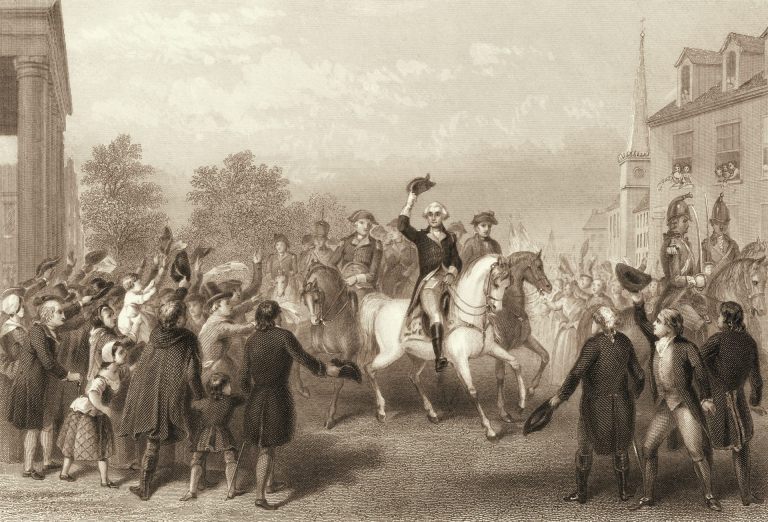Centenarians are an oft-celebrated population for their remarkable longevity and wisdom. But how do some people live so long? A study published in The Lancet this past March has identified unique immune system characteristics that enable certain individuals to live to age 100 and beyond.
“We assembled and analyzed what is, to our knowledge, the largest single-cell dataset of centenarian subjects that allowed us to define unique features of this population that support the identification of molecular and lifestyle factors contributing to their longevity,” senior author Stefano Monti, an associate professor at Boston University’s Chobanian & Avedisian School of Medicine, said in a press release.
According to the researchers, the immune system generally declines — becoming less responsive and adaptable — as we age. But the immune profiles of the centenarians studied seemed to buck that trend.

The study sought to identify “immune-specific patterns of aging and extreme human longevity,” first performing single cell sequencing on immune cells circulating in the blood of seven centenarians. The subjects are enrolled in a concurrent study of long-lived individuals called the “New England Centenarian Study,” led by Thomas Perls, who is also among the new study’s authors.
The information obtained by the single cell sequencing was then integrated with two publicly available datasets, and researchers used advanced computational techniques to analyze the combined data and see how the cells change as subjects age. Per the study, the results pointed to “the presence of elite immunity that remains highly functional at extreme old age.”
Senior author Paola Sebastiani explained in the release, “The immune profiles that we observed in the centenarians confirms a long history of exposure to infections and capacity to recover from them and provide support to the hypothesis that centenarians are enriched for protective factors that increase their ability to recover from infections.”

However, the study could not pinpoint whether this increased ability to recover is due to genetics or a confluence of factors.
“The answer to what makes you live longer is a very complex one,” Monti told USA Today. “There’s multiple factors, there’s the genetics — what you inherit from a parent — there’s lifestyle, there’s luck.”
What the study did accomplish is providing the researchers and other scientists a foundation for studying the immune resilience of centenarians and using that knowledge to develop healthy aging therapeutics.
“Centenarians, and their exceptional longevity, provide a ‘blueprint’ for how we might live more productive, healthful lives,” another senior author, George J. Murphy, said in the press release. “We hope to continue to learn everything we can about resilience against disease and the extension of one’s health span.”












